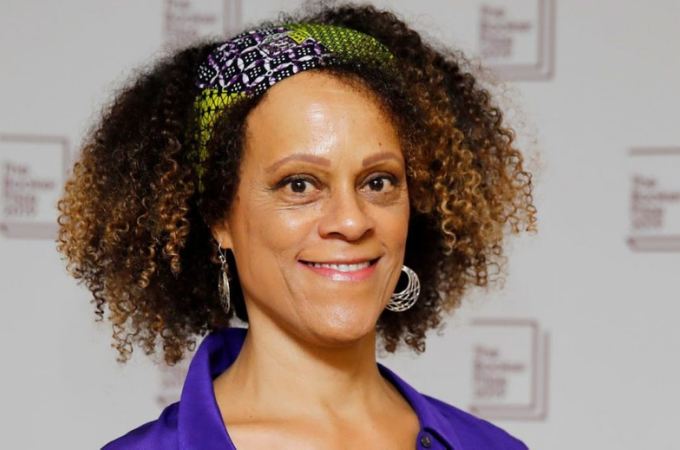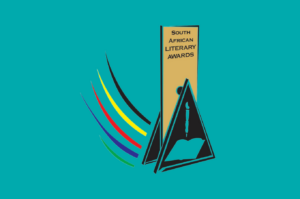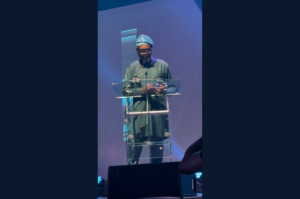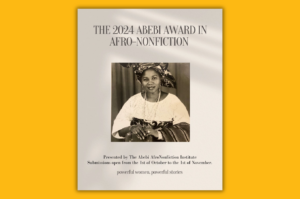
These quotes are drawn from Bernardine Evaristo’s New Statesman/Goldsmith Prize Lecture presented on September 30, 2020. The lecture is titled “The Longform Patriarch, and Their Accomplices” and was described by The Guardian as “excoriating” because of how it challenges the British literary establishment to rethink the canon and retell literary histories in such a way that allows for a more inclusive literary culture.
1. We ask, where are we in the pages of the novel? Where are our narrative possibilities? What does it mean to not witness our lives inhabiting longform fiction? Does this mean we are not worthy, that our experiences have no value? Why are there so few novels out there by and about us, and is it entirely our responsibility to put ourselves at the heart of the story? What are the considerations when others do it? And why, when we do write novels about us, has it been so difficult for so many to find a publisher?
***
2. When we talk about the novel, we also need to talk about who is writing the novel and what they are choosing to write about. This essay stands for the idea that novels need to be generated by and speak to a variety of demographics.
***
3. The novel [is] a metaphoric metamorphic creature that inserts itself inside the hearts and minds of the people who want to be consumed by it, as it prowls around their psyche – adventuring, entertaining, educating, challenging, illuminating.
***
4. The novel only exists because of the stories elaborated upon inside its pages. It would otherwise be an empty object of bookended blank paper or a black screen. So when we talk about the novel, we need to talk about the stories it contains; we also need to talk about the context of the novel, because only then can we discover what it really means in our society.
***
5. This essay is for all the people who have not peopled all the novels published in our country; who are simply absent from them, or, especially in the not-so-distant past, who are presented as half-brained women to be objectified and fucked, cardboard cut-out working-class or queer stereotypes, criminals.
***
6. This is for all the people who have written novels that have never made the transition into book form because they were not considered marketable, topical or mainstream enough, in spite of the brilliance of their writing and storytelling.
***
7. Shame on any creative writing course that doesn’t have a fully integrated set of reading lists for their students. How can academics present the writers of the future with such a limited palette of writers who are mostly white and writing whiteness?
***
8. A certain kind of longform patriarch, and his accomplices, who have looked down their noses at everyone else since time immemorial, are on their way out.
***
9. Imagine what some university reading lists are saying about our society – that women and people of colour did not write in the 20th and 21st centuries, and certainly not novels worthy of beady academic analysis. Imagine someone from the future trying to understand who we were in the 21st century, based on the books taught in universities.
***
10. This essay challenges all those academics who still refuse to engage with progressive conversations and reassess their reading lists; all those academics who value whiteness and maleness over other demographics, an attitude that they pass on to the next generation of readers, thinkers, academics, publishers and critics. Perhaps these academics are simply lazy.









COMMENTS -
Reader Interactions